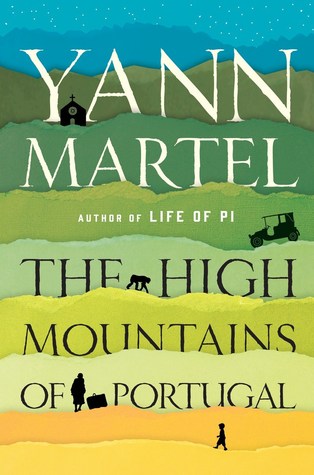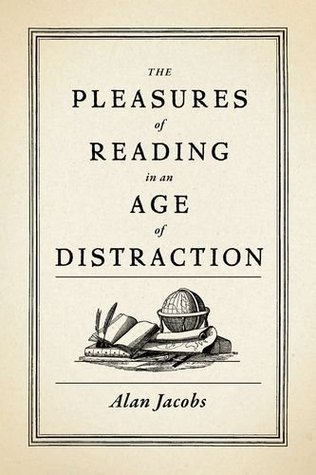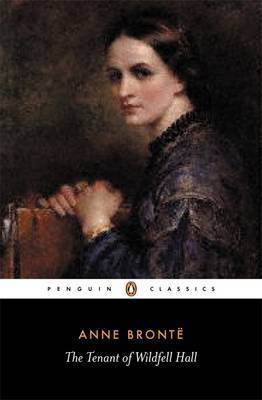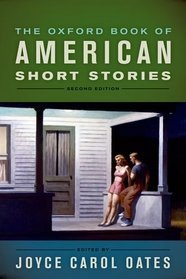A♦ A♦ A♦ A♦ A♦ A♦ A♦ A♦
DEAL ME IN – WEEK 21
Saul Bellow has been on my radar for a long time now, so I was glad to have drawn the Ace of Diamonds this week for my Deal Me In 2015 short story project. It corresponded to Bellow’s short story “A Silver Dish”. I admit that when I selected this story from the table of contents of The Best American Short Stories of the Century, the title didn’t conjure up images of excitement. I envisioned a short story chock full of literary meaning but rather tedious. I was absolutely wrong. This is one of the funnier and more irreverent stories I’ve read this year.
Woody Selbst is in his sixties and has done well for himself. As he faces the inevitable death of his father, Morris, Woody takes a long humorous look at life with his father. Woody’s mother, Halina, converts to Fundamentalist Christianity much to the dismay of ne’er-do-well Morris. Growing up, Woody manages to walk the straight and narrow until the pivotal moment when visiting the home of a pillar of the church, Morris steals a silver dish by stuffing it in his pants. Woody becomes guilty by association. While he continues to have sympathy for those in religious circles, Woody ceases to see himself belonging there.

(Saul Bellow, left, at the Nobel Prize ceremonies. Photo obtained from goodreads.com)
Sharp-witted social commentary add to the fascinating life that Woody lives. This is the second story I’ve selected in a row that deals with the lives of those immigrating to America:
Up and down Division Street, under every lamp, almost, speakers were giving out: anarchists, Socialists, Stalinists, single-taxers, Zionists, Tolstoyans, vegetarians, and fundamentalist Christian speakers – you name it. A beef, a hope, a way of life or salvation, a protest. How was it that the accumulated gripes of all the ages took off so when transplanted to America?
While I’ve only read one story each by these authors, Bellow’s story reminds me of Junot Diaz’s “Edison, New Jersey”. I was reminded of Diaz’ description of pool tables when I read Bellow’s description of church bells:
Woody was moved when things were honest. Bearing beams were honest, undisguised concrete pillars inside high-rise apartments were honest. It was bad to cover up anything. He hated faking. Stone was honest. Metal was honest. These Sunday bells were very straight. They broke loose, they wagged and rocked, and the vibrations and the banging did something for him – cleansed his insides, purified his blood. A bell was a one-way throat, had only one thing to tell you and simply told it. He listened.
I highly recommend this story and whole heartedly agree with John Updike as to it’s inclusion in The Best American Short Stories of the Century. More Saul Bellow posts should be coming in the near future.
My Deal Me In 2015 list can be seen here. Deal Me In 2015 is sponsored by Jay at Bibliophilopolis.









